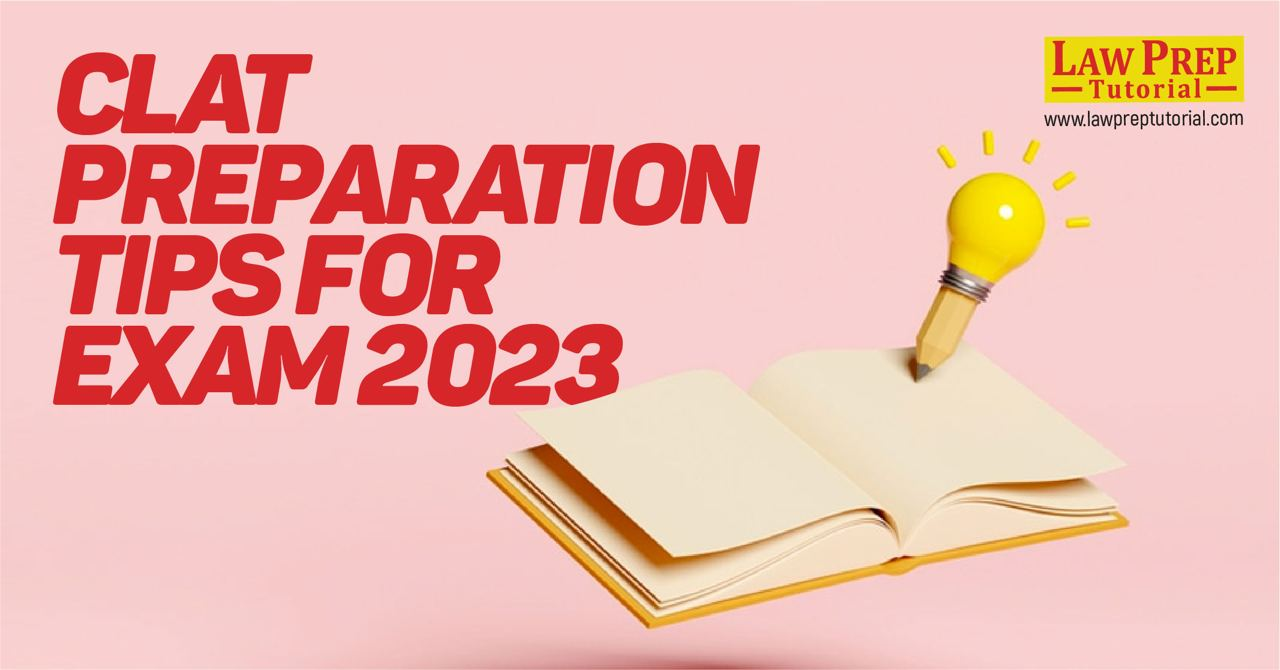
According to the Consortium of NLUs, CLAT 2023 will be held on December 18, 2022.
For the first time, the Common Law Admission Test, or CLAT, will be held in December rather than the first week of May, as is customary. It is beneficial to candidates in some aspects because the Common Law Admission Test will not conflict with board exams.
However, aspirants should keep in mind that they will have less time to study for CLAT 2023. So, they are advised to begin their preparation accordingly. As a result, it is critical to understand CLAT 2023, its curriculum, pattern, and preparation strategies.
Important Exam details to keep in mind
| NAME OF THE EXAM | Common Law Admission Test (CLAT) |
| Conducting body | The Consortium of National Law Universities (NLUs) |
| Mode of the exam | Pen and Paper Test |
| Exam date | December 18, 2022 |
| Number of questions | 150 for UG CLAT, 120 for PG CLAT |
| Question type | Multiple Choice Questions |
| Number of seats | CLAT-based seat Intake: 5-year integrated LLB program – 2538 seatsLLM program – 742 seats |
| Participating NLUs | 22 |
| Purpose of exam | Admission to:BA LLB, B.Sc LLB, BBA LLB, B.Com LLB, BSW LLB, and, LLM |
| Official website | http://consortiumofnlus.ac.in/ |
CLAT Preparation 2023: Subject wise syllabus and tips
Candidates should familiarise themselves with the test structure and questions asked in the CLAT examination by reading the exam pattern and syllabus before beginning their CLAT preparation. The exam duration is 120 minutes for undergraduate and graduate levels. The CLAT 2023 curriculum will also assist candidates in understanding the mark distribution by section. The CLAT question paper will comprise texts that will be followed by a series of questions, except for the quantitative component. The quantitative section contains questions based on graphs, pictorial representations, facts, etc.
1. English Language
You will be given sections of roughly 450 words each in this part. These excerpts will come from recent or historically noteworthy fiction and nonfiction works. Following each paragraph, you will be asked a series of questions to demonstrate your understanding and language skills.
2. Legal Reasoning
The paragraphs could be about real-life situations or scenarios, including legal issues, public policy issues, philosophical, and moral dilemmas. Prior legal knowledge is not a requirement. You’ll be better able to apply basic principles or propositions to the given fact scenarios if you have a broad understanding of current legal and moral challenges.
3. Logical Reasoning
Each passage will be followed by one or more questions that will test your ability to recognize an argument, its premises, and conclusions, as well as apply critical thinking skills to analyze reasoning patterns and determine how conclusions are influenced by specific premises or evidence.
4. Current affairs and General Knowledge
The texts in this part will come from journalistic sources and other nonfiction works. The questions may contain a review of legal knowledge or topics presented in or linked to the text. This text will be followed by a series of questions in which you will be asked to display your knowledge of current events and general knowledge.
5. Quantitative Reasoning
Short collections of facts or propositions, graphs, or other textual, graphical, or diagrammatic representations of numerical information will be presented in the Quantitative approaches part. For the series of questions that follows, you’ll have to extract information from texts, graphs, and other visual representations and apply mathematical procedures to it.
CLAT Exam Preparation tips
The following are some preparation ideas for CLAT 2023,
1. Increase your reading speed.
CLAT is a challenging exam that requires students to study complex legal and non-legal documents in a short amount of time. Hence, the emphasis should be on improving reading speed while developing legal awareness.
2. Mock Tests for Practice
Solve as many previous year’s exam papers as possible and focus on your weak areas. You can help yourself remember what you’ve learned by revising every 15 days.
3. Write notes and revise them.
Candidates should take handwritten notes while reading basic books or newspapers. It would be easier to prepare if you took notes, highlighted significant ideas, or created flow charts or diagrams.
Books for CLAT Preparation 2023
More sample questions and prior year questions can be found on several CLAT preparation websites as well as in the following books:
- Legal Aptitude/ Legal Reasoning- AP Bhardwaj for Legal Knowledge
- Complete CLAT Companion- Harsh Gagrani for Legal Aptitude (Both Reasoning and Knowledge).
- CLAT Magazine- LegalEdge for Current Legal Knowledge
- A Modern Approach To Logical Reasoning- R.S. Aggarwal
- Analytical Reasoning- M.K. Pandey
- Legal Journals and daily newspapers
Candidates who plan to pursue a profession in law should begin studying for the exam once they have completed their 11th grade. Learn everything you can about the whole curriculum, including a thorough comprehension of each unit. Select themes that are straightforward to complete. To eliminate your doubts, remember to revise regularly and perform self-observation sessions.
Leave a Reply